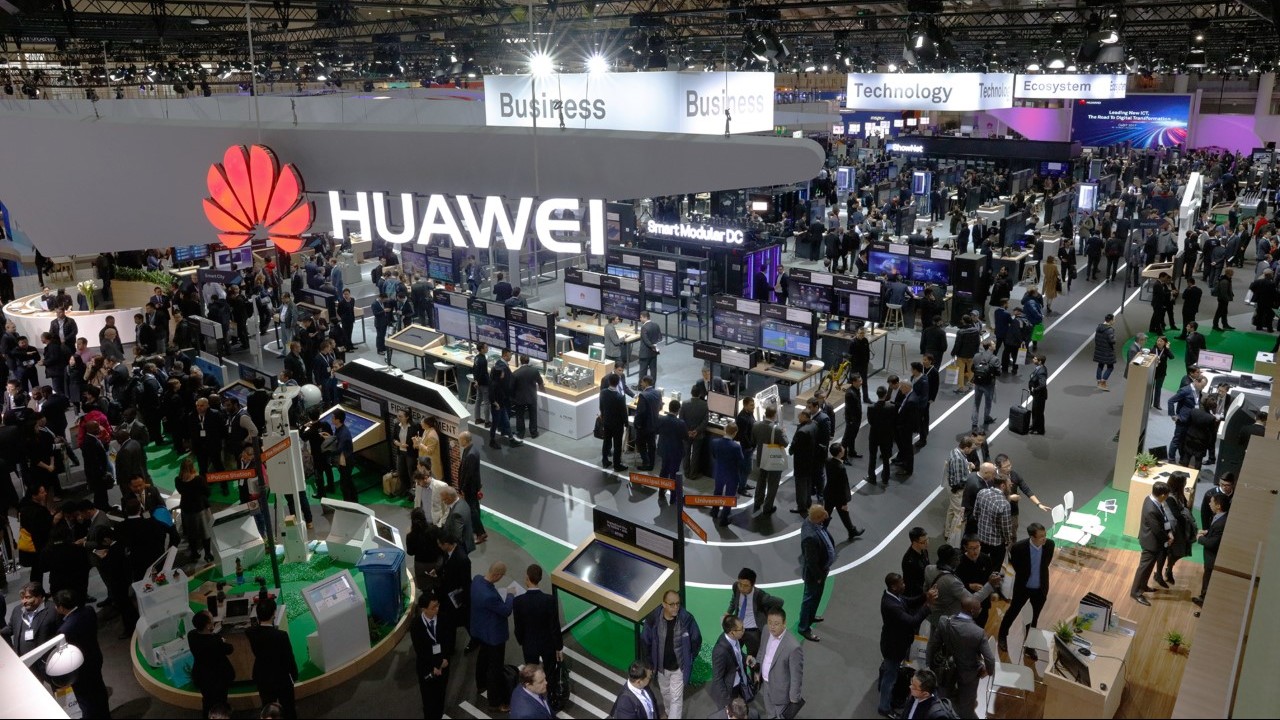

The US government is expected on Monday to grant another 90-day extension to the reprieve that allows firms in the country to trade with China’s Huawei, in spite of its presence on a national security blacklist.
The US placed Huawei on the “entity list” in May over national security concerns, but immediately introduced a 90-day delay to putting sanctions into effect.
The initial delay was extended in August and is set to expire on Monday.
Huawei denies poses a national security threat and has charged the US with seeking to prevent it from competing on 5G and other technologies.
On Friday Reuters reported that the US was preparing a two-week extension to the temporary Huawei trade licence while it cleared regulatory hurdles for a 90-day extension.
But those plans changed over the weekend and the 90-day extension is now set to be introduced right away, the news service said, citing unnamed sources.
The US said it introduced the temporary licence in order to minimise disruption for Huawei’s customers, which include rural US telecoms providers dependent on the company’s telecoms equipment.
“One of the main purposes of the temporary general licenses is to let those rural guys continue to operate,” US commerce secretary Wilbur Ross told Fox Business Network on Friday.
The blacklist comes amidst ongoing trade tensions between the US and China that have endured for more than a year.
The US government has taken applications from US companies for individual licences that would allow them to continue to trade with Huawei – for instance, selling parts, software or services to the Chinese company – but as yet no such licences have been granted.
Huawei has acknowledged that the blacklist has created a substantial drain on its business.
But it has also insisted that it is capable of continuing to operate even if the temporary general licence is not renewed.
Huawei chairman Liang Hua said on Monday that if the licence were not extended it would only have a “very limited” effect on the company.
“No matter whether there will be an extension, in terms of its real impact on Huawei, it will be very limited,” Liang said in translated remarks at the East Tech West conference in the Nansha district of Guangzhou, China, CNBC reported.
“Our products are able to be shipped without the reliance on US components and chips.”
Liang said the ban would have a bigger effect on Huawei’s US suppliers and on US customers such as rural telecoms firms than on Huawei itself.
The effect on rural US providers would be to “cause a bigger digital divide in the US”, he said.
Apple fined 150m euros over App Tracking Transparency feature that it says abuses Apple's market…
OpenAI to release customisable open-weight model in coming months as it faces pressure from open-source…
Samsung's Bespoke AI-powered fridge monitors food to create shopping lists, displays TikTok videos, locates misplaced…
Huawei sees 38 percent jump in consumer revenues as its smartphone comeback continues to gather…
In world-first, China approves commercial flights for EHang autonomous passenger drone, paving way for imminent…
Microsoft closes down IoT and AI lab it operated in Shanghai tech district in latest…